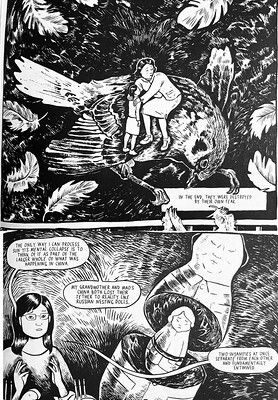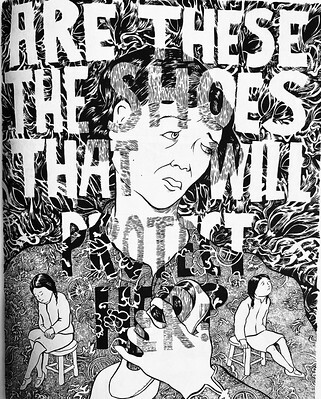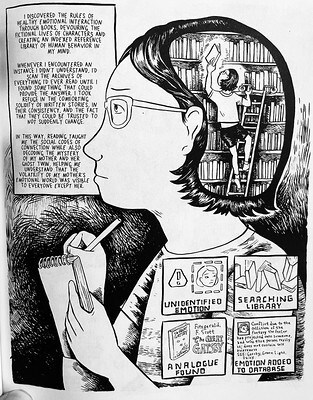What do you think?
Rate this book
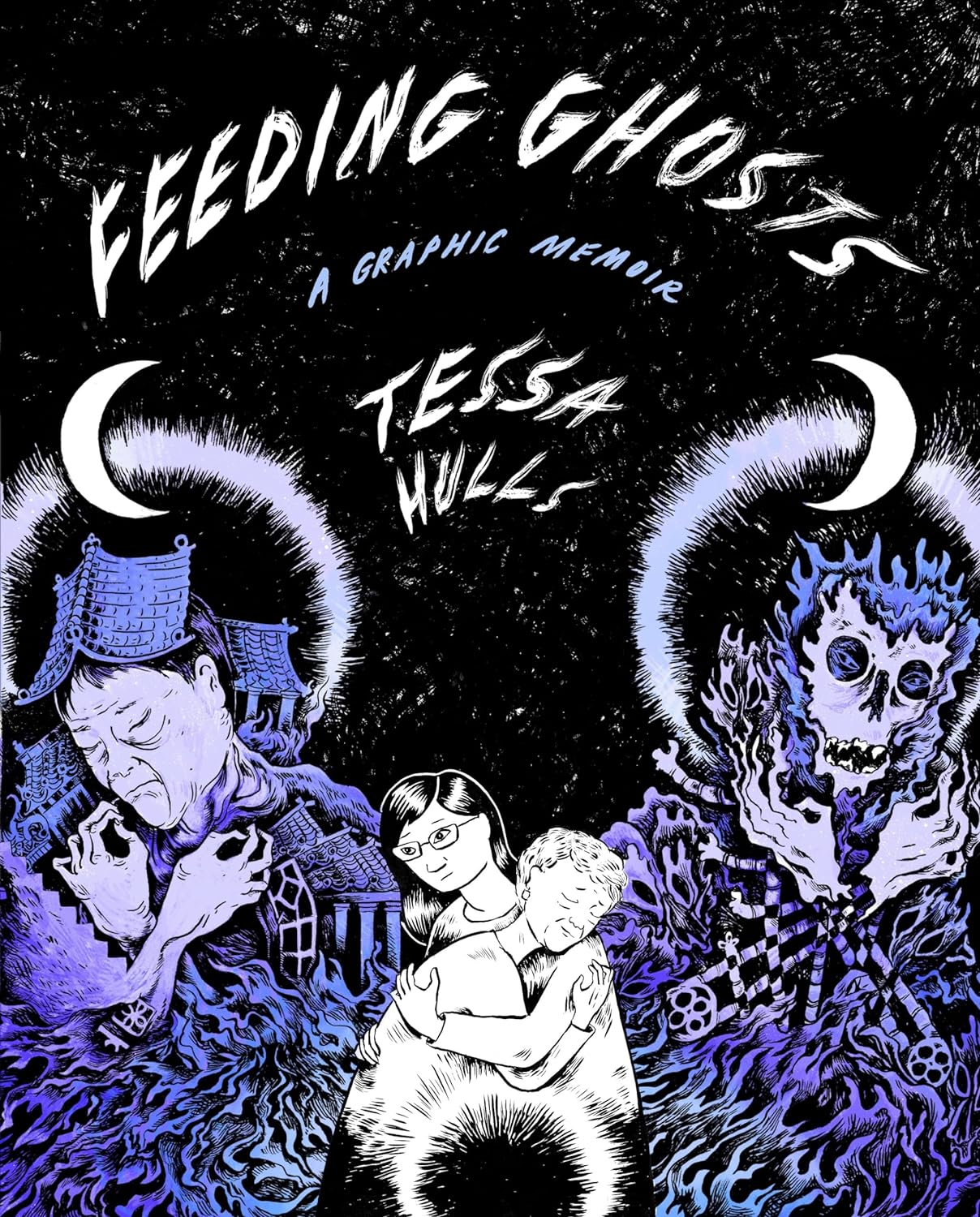

386 pages, Hardcover
First published March 5, 2024
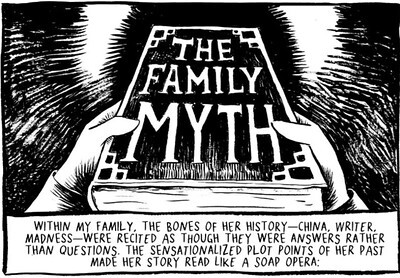
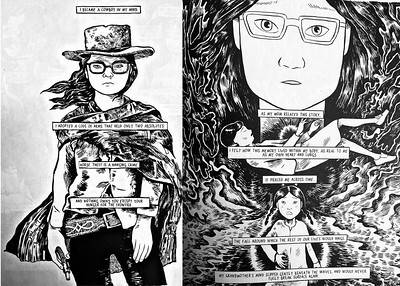
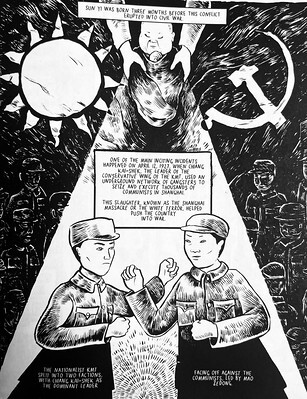
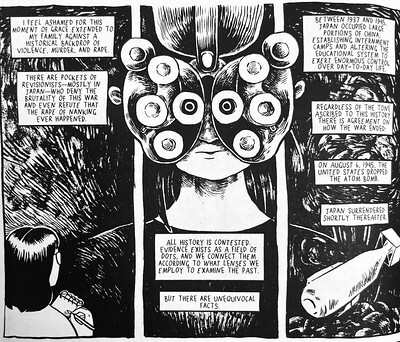
‘Watching from the present, I can feel my mother’s terror at seeing her daughter court the same maze from which her own mother never emerged. But I was exploring, I went there to make a record of the ghosts to draw a map and bring it back up into a world that held life.’
